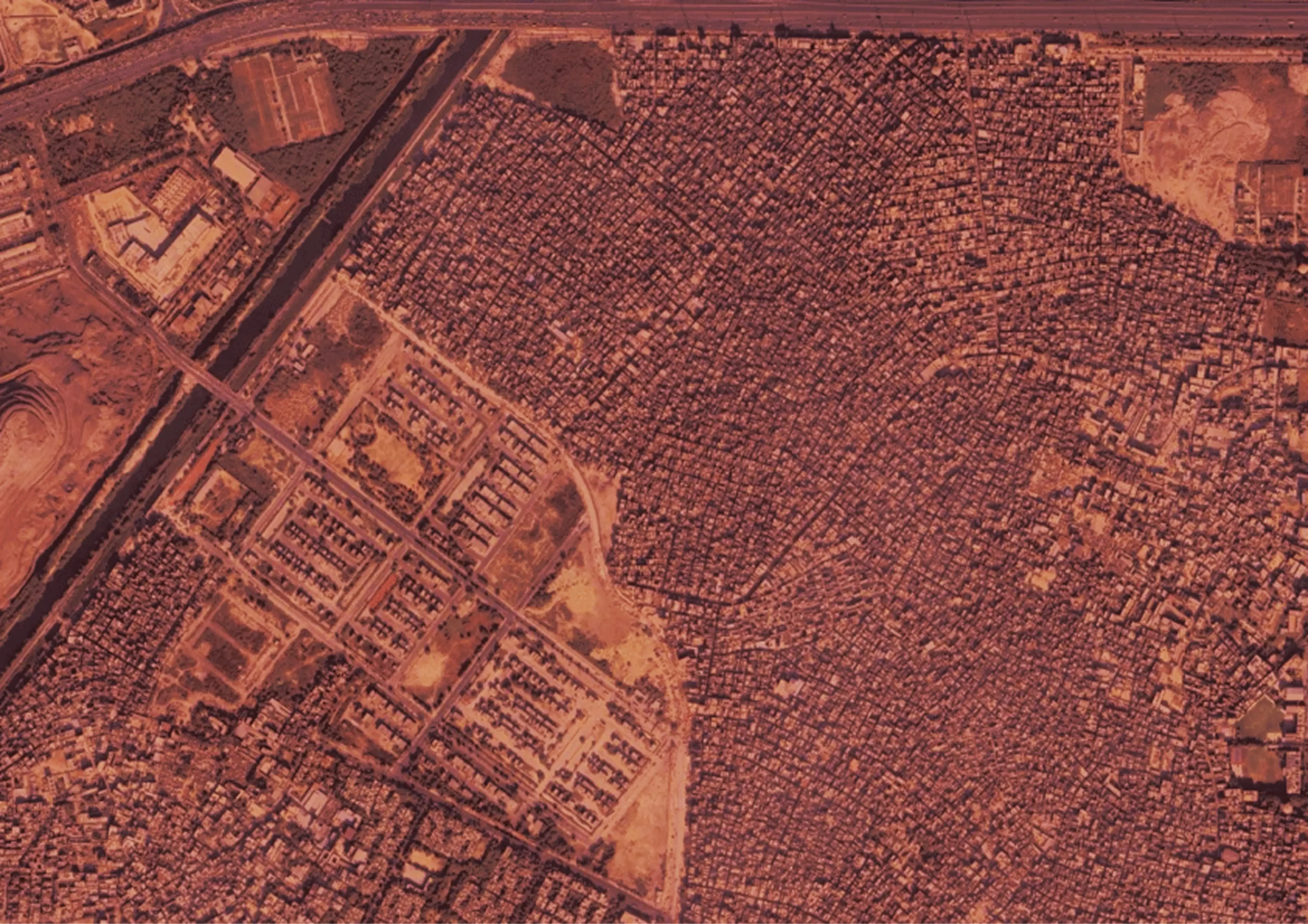
Ishan Kukreti

Ishan Kukreti is Programme Lead, Adaptation and Resilience vertical at the Sustainable Futures Collaborative. He works on climate adaptation governance, with a special focus on long-term heat adaptation. Before Sustainable Futures Collaborative, Ishan was a researcher at the Bharti School of Public Policy, Indian School of Business, Hyderabad and earlier spent around a decade working as an environment journalist and media trainer. As a researcher and journalist, Ishan has produced over 2,000 in-depth pieces of reportage, a journal paper and two book chapters. Ishan holds a Masters in Public Policy from the School of Public Policy, Indian Institute of Technology, Delhi, a BA in History from St. Stephen’s College, University of Delhi, and diplomas in Environmental Law from National Law School of India University, Bangalore and English Journalism from Indian Institute of Mass Communication, Jammu.
Publications


Opinions
Adaptation and Resilience
Heatwaves are coming. Can India handle it?
Aditya Valiathan Pillai, Tamanna Dalal, Ishan Kukreti
The Indian Express | 25 March 2025
“The risks of the future are likely to be so severe, frequent and interconnected that they will require proactively identifying and tackling risk, girding the system for a state of permanent tumult, and relying on all-of-government coordination. The governance of extreme heat seems to be in that process of transition with commonly seen short-term actions across multiple departments, but limited preparation for the future”. Aditya Valiathan Pillai, Tamanna Dalal, and Ishan Kukreti, write in The Indian Express about our new report that assesses India’s preparedness for extreme heat.


Opinions
Adaptation and Resilience
Why action on extreme heat in Indian cities is falling short
Aditya Valiathan Pillai, Tamanna Dalal, Ishan Kukreti et al
Carbon Brief | 19 March 2025
“Adapting to increasing extreme heat will be central to urban living for decades to come. A late start to these efforts will increase pressure on the state in the future and risks exposing citizens to harms from warming that could be avoided.” Aditya V Pillai, Tamanna Dalal, Ishan Kukreti, Alexandra Kassinis, Lucas Vargas Zeppetello, Escandita Tewari, and Navroz Dubash write in Carbon Brief article about our new report that assesses India’s readiness for extreme heat.


Reports
Adaptation and Resilience
Is India Ready for a Warming World? How Heat Resilience Measures Are Being Implemented for 11% of India’s Urban Population in Some of Its Most At-Risk Cities
Aditya Valiathan Pillai, Tamanna Dalal, et al.
19 March 2025
This report assesses India’s readiness for the extreme heat of a +1.5 degree world. It examines the implementation of extreme heat policies in 9 major Indian cities — Bengaluru, Delhi, Faridabad, Gwalior, Kota, Ludhiana, Meerut, Mumbai, and Surat — which are among the most at risk from future heat (as per our climate models), collectively covering over 11% of India’s urban population. This is the first systematic multi-city analysis of heat action implementation in India.



